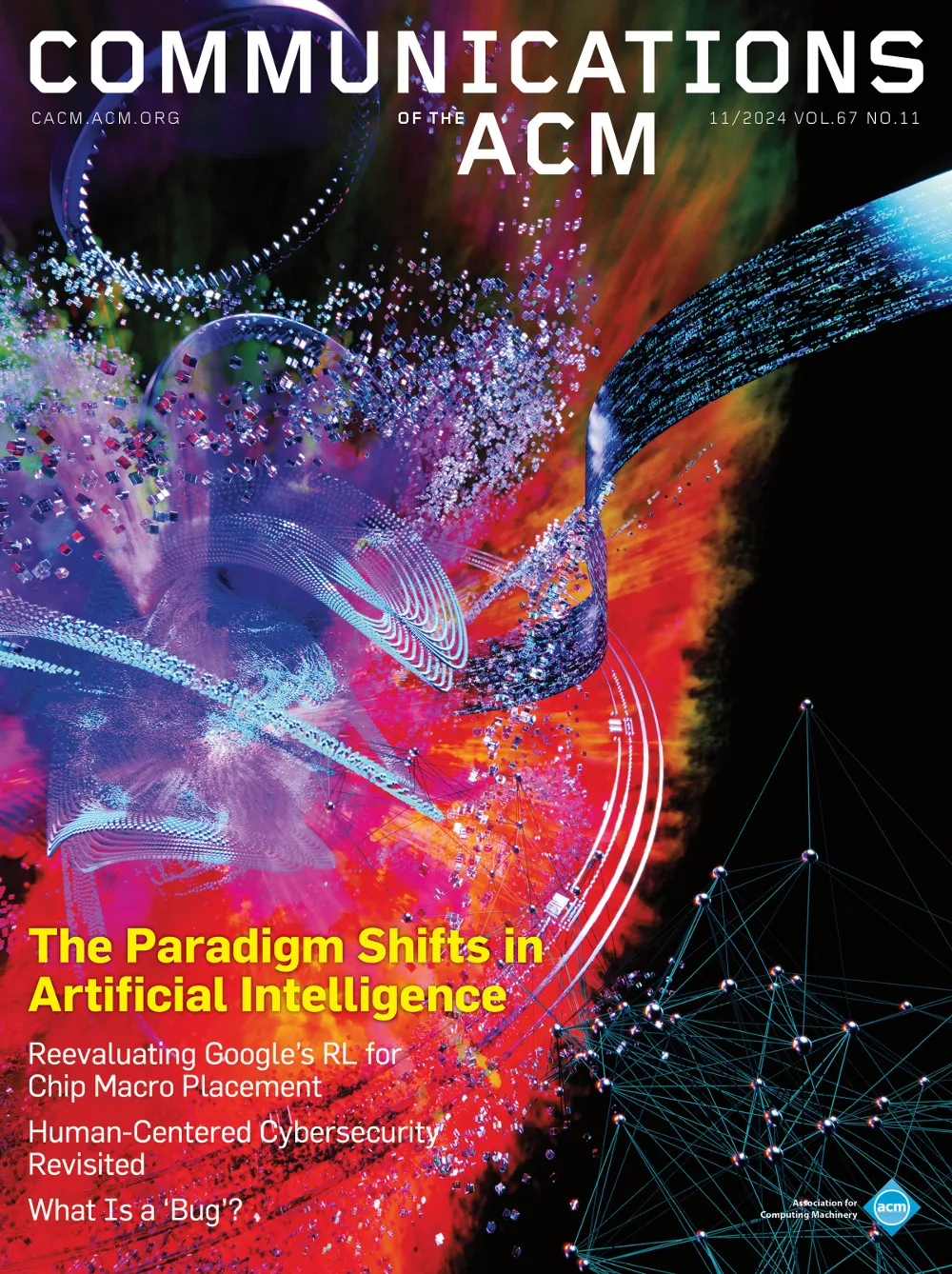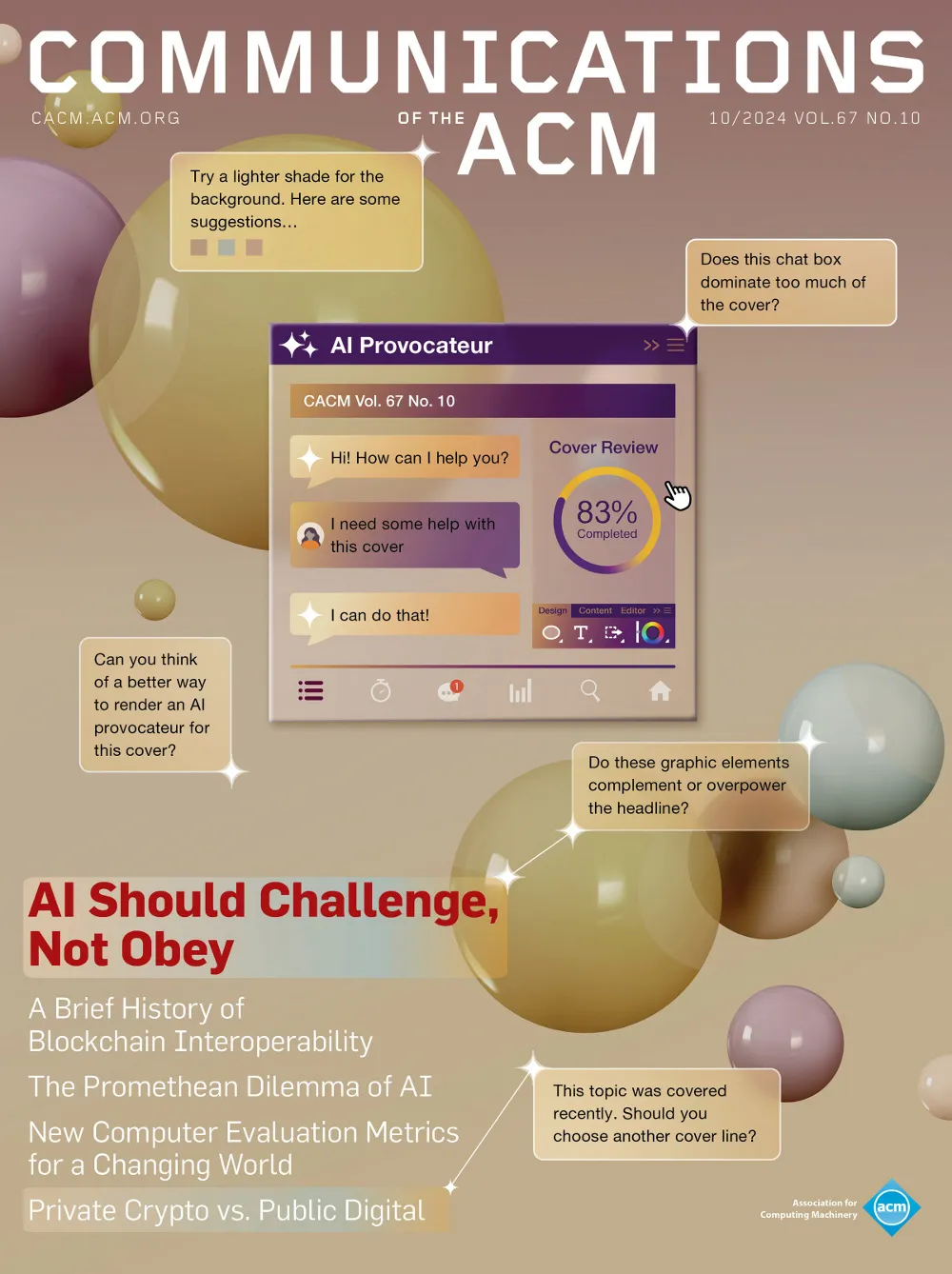March 1988 - Vol. 31 No. 3

Features
Special section on operating systems
This special collection of articles examines recent research in operating systems, focusing on particular systems and projects that are seminal and representative. The areas these articles cover include distributed operating systems, heterogeneous computer systems, distributed programming, and real-time systems.
Interconnecting heterogeneous computer systems
A software structure created by the Heterogeneous Computer Systems (HCS) Project at the University of Washington was designed to address the problems of heterogeneity that typically arise in research computing environments.
On synchronization in hard-real-time systems
The design of software for hard-real-time systems is usually difficult to change because of the constraints imposed by the need to meet absolute real-time deadlines on processors with limited capacity. Nevertheless, a new approach involving a trio of ideas appears to be helpful for those who build software for such complex applications.
The Cedar File System (CFS) is a workstation file system that provides access to both a workstation's local disk and to remote file servers via a single hierarchical name space. CFS supports a group of cooperating programmers by allowing them to both manage local naming environments and to share consistent versions of collections of software.
Distributed programming in Argus
Argus—a programming language and system developed to support the implementation and execution of distributed programs—provides mechanisms that help programmers cope with the special problems that arise in distributed programs, such as network partitions and crashes of remote nodes.
The V distributed System was developed at Stanford University as part of a research project to explore issues in distributed systems. Aspects of the design suggest important directions for the design of future operating systems and communication systems.
Self-assessment procedure XVIII: fundamentals of data communications
A self-assessment procedure dealing with the fundamentals of data communications
Impact of system response time on state anxiety
Recent research has shown that user satisfaction and productivity are affected by system response time. Our purpose is to provide the results of empirical research on system response time and its effect on state anxiety. Test subjects were classified as Type A or Type B personality in order to determine if personality type had any affect on the relationship between system response time and state anxiety. The results show that both Type A and Type B personalities exhibit a statistically significant increase in state anxiety during poor or variable system response times.
We present a novel, yet straightforward linear-time algorithm for merging two sorted lists in a fixed amount of additional space. Constant of proportionality estimates and empirical testing reveal that this procedure is reasonably competitive with merge routines free to squander unbounded additional memory, making it particularly attractive whenever space is a critical resource.



